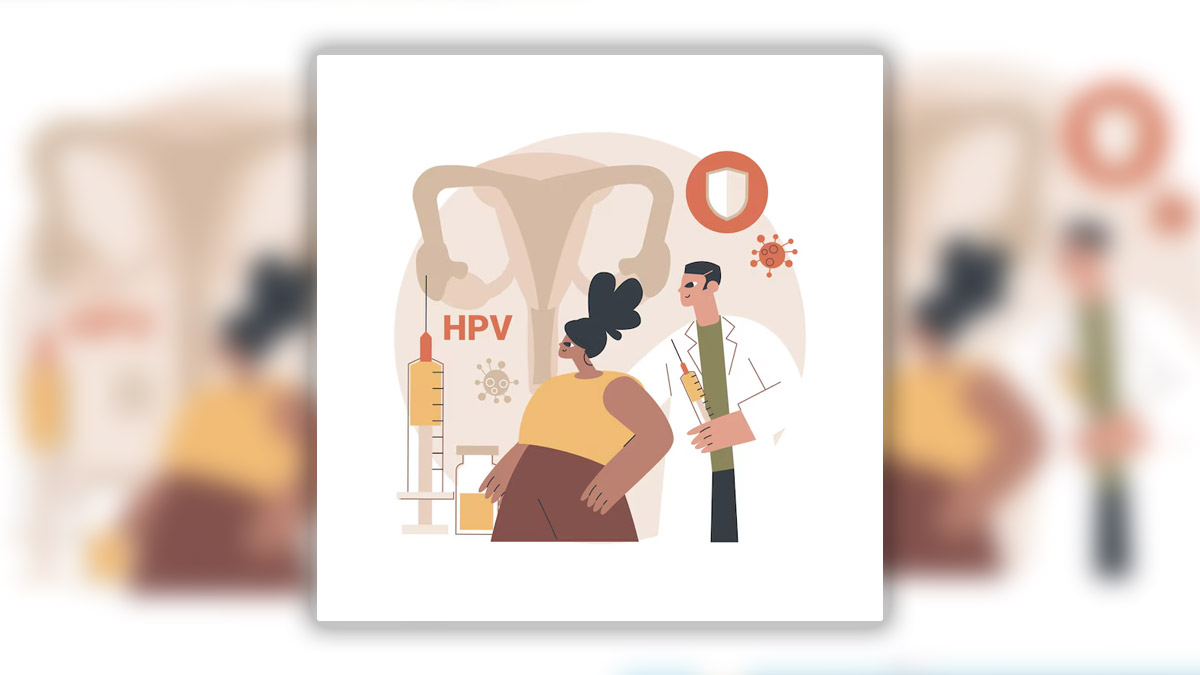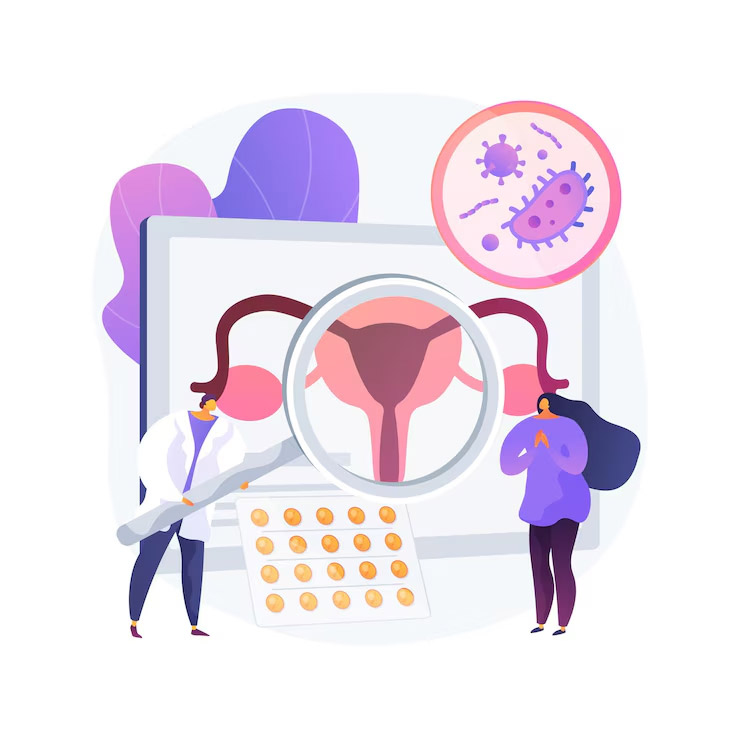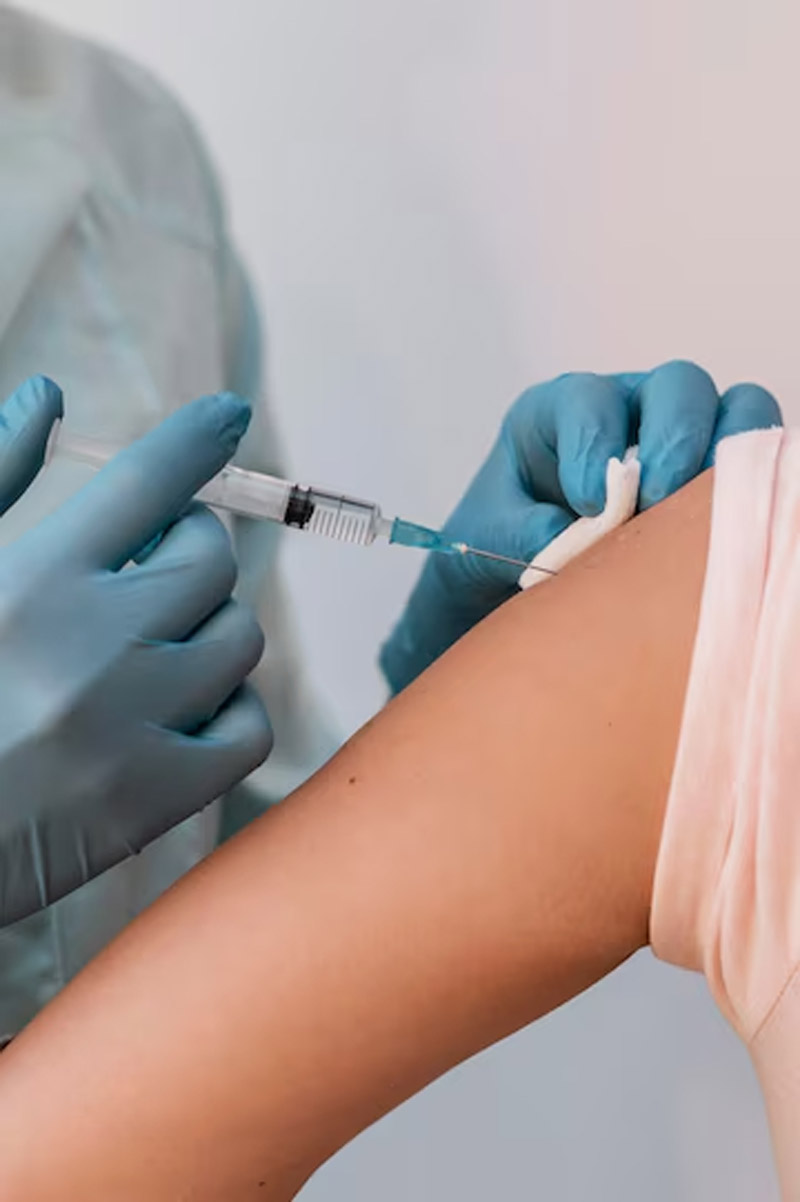
Human Papillomavirus (HPV) is a common sexually transmitted infection that comes in various strains, often leading to warts on the skin or mucous membranes. While most HPV infections are minor and resolve on their own, some strains can cause significant health issues, such as genital warts and different types of cancer.
For women, it is essential to understand the causes, symptoms, and preventive measures related to HPV to safeguard their long-term health. We reached out to Dr Pooja Mehta, Senior Director and Unit Head of Obstetrics & Gynaecology at Marengo Asia Hospitals in Gurugram, and Dr Ankita Chandna, Director of Obstetrics & Gynaecology at Max Super Speciality Hospital in Shalimar Bagh, who provided insights on prevention, symptoms, and causes of HPV.
Human papillomavirus (HPV) consists of over 200 related viruses that can lead to warts, epithelial lesions, and cancers. Certain HPV types are linked to nearly all cases of cervical cancer. According to the National Center for Biotechnology Information, cervical cancer is the most common cancer among women in India. With around 365.71 million women over the age of 15 in the country at risk, India sees approximately 132,000 new cases and 74,000 deaths from cervical cancer each year. This accounts for nearly one-third of the global cervical cancer deaths.

We spoke with Dr Ankita Chandna, who explained the causes of HPV. She said, “HPV is mainly spread through direct sexual contact, including vaginal, anal, and oral sex. The virus can be transmitted even when the infected person shows no visible symptoms, making it easy to pass on unknowingly.” Dr Chandna also mentioned that HPV can be spread through skin-to-skin contact in the genital area, even without intercourse.
Key risk factors for HPV include:
Don't Miss: Having Fertility Issue? This Is When You Must Visit A Health Expert
Dr Ankita Chandna explains that while most HPV infections are asymptomatic, visible symptoms can occur. These include:
Dr Pooja Mehta advises several preventive measures to reduce the risk of contracting HPV:

Don't Miss: Expert Shares A Comprehensive Guide To Help Women Prevent Cancer
Keep reading Herzindagi for more such stories.
Credits: Freepik
Also watch this video
Herzindagi video
Our aim is to provide accurate, safe and expert verified information through our articles and social media handles. The remedies, advice and tips mentioned here are for general information only. Please consult your expert before trying any kind of health, beauty, life hacks or astrology related tips. For any feedback or complaint, contact us at [email protected].